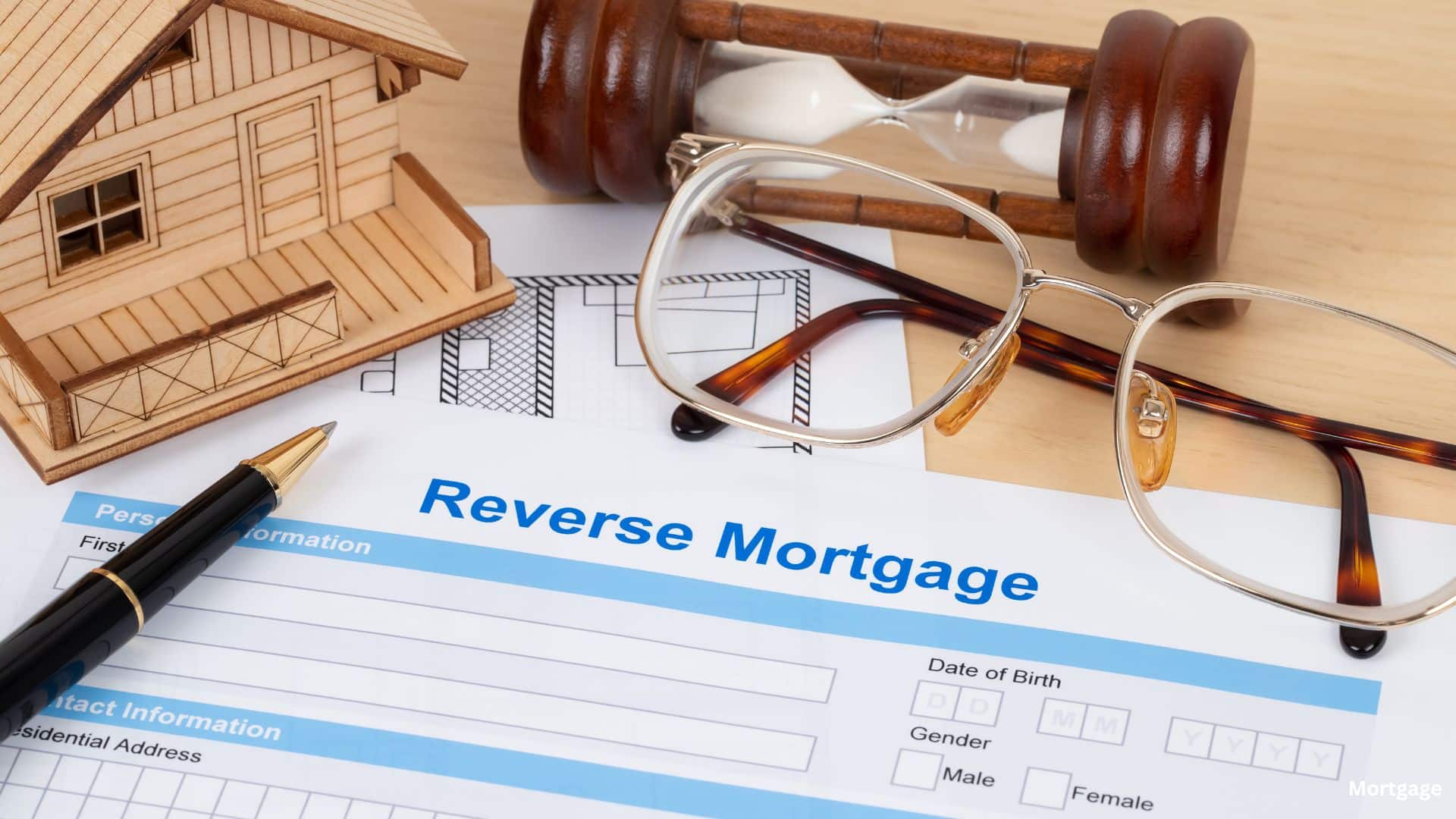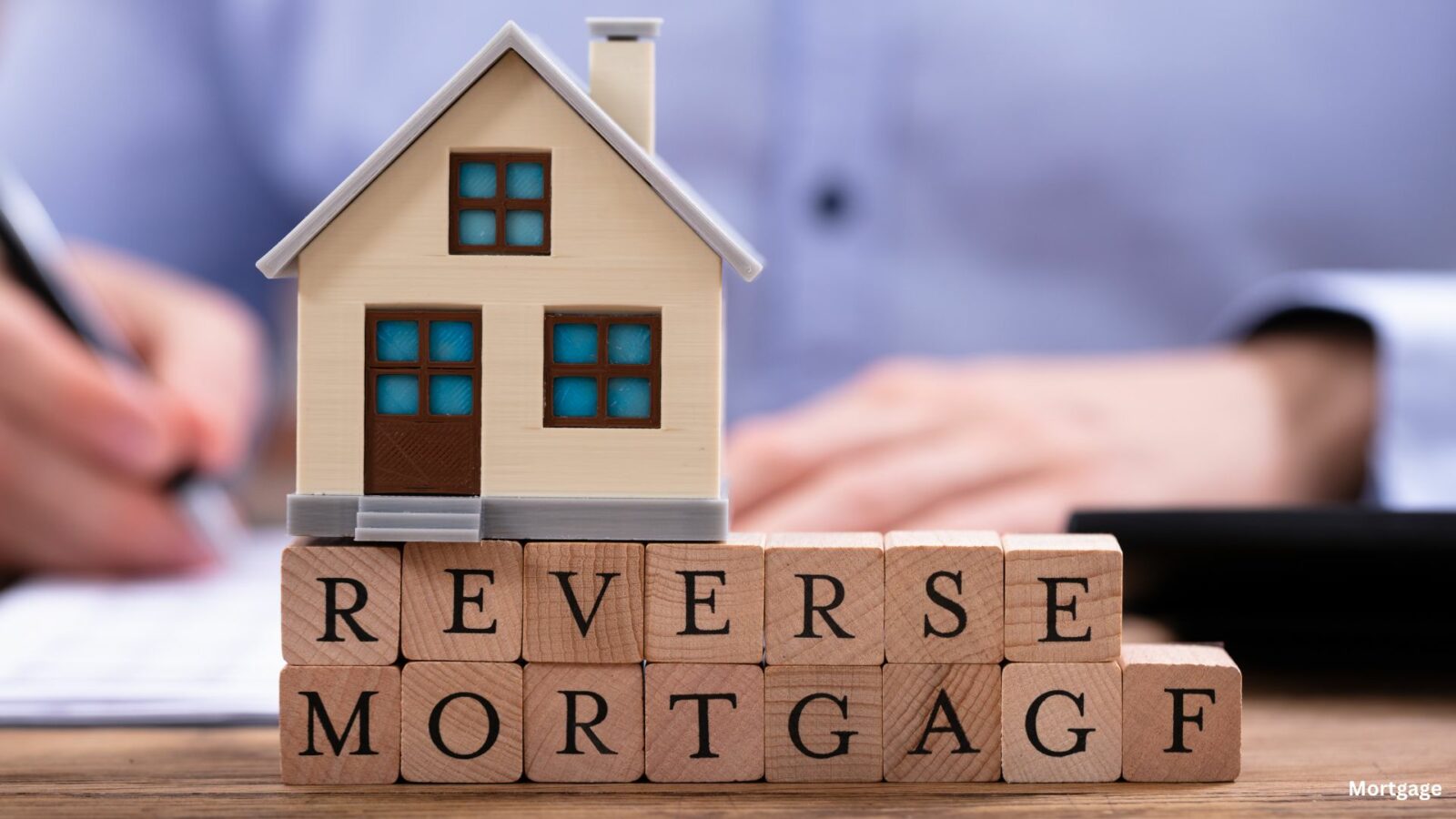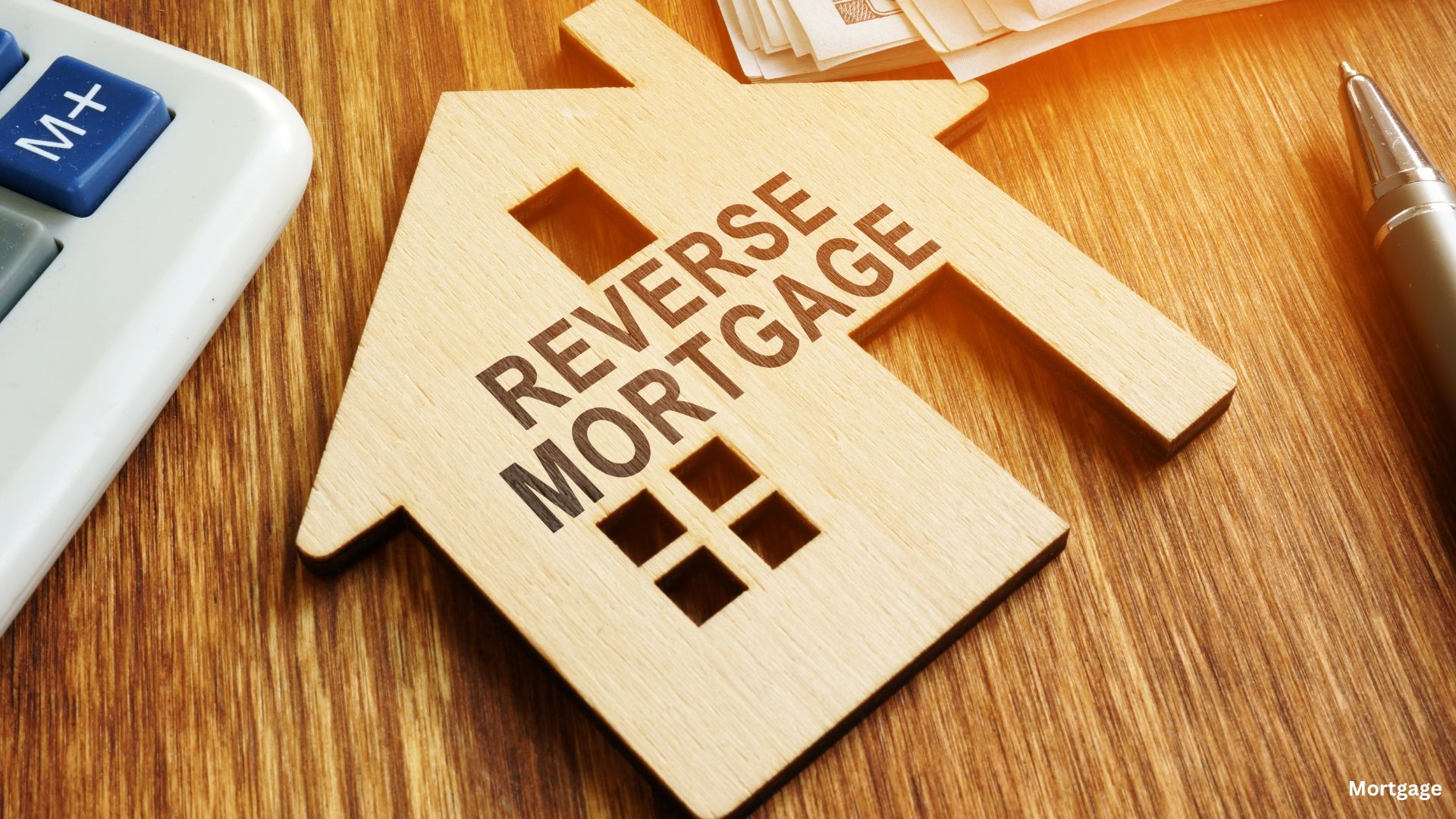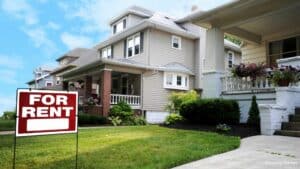What is a Reverse Mortgage?
A reverse mortgage is a unique financial product designed to help homeowners aged 62 and older access their home’s equity for tax-free payments. Unlike traditional mortgages, where borrowers make monthly payments to the lender, a reverse mortgage pays the homeowner. The loan does not need to be repaid until the homeowner dies, sells the house, or permanently moves out. This financial tool can be especially beneficial for retirees looking to supplement their income, pay for home repairs, or cover medical expenses.

How Does a Reverse Mortgage Work?
To qualify, homeowners must have significant equity in their home. The amount you can borrow, known as the principal limit, is determined by several factors, including the age of the youngest borrower, current interest rates, the home’s value, and the mortgage limit set by the Federal Housing Administration (FHA). Generally, older homeowners with higher-value homes and lower interest rates can borrow more.
There are different payout options for a reverse mortgage:
- Equal monthly payments: Provided as long as at least one borrower lives in the home.
- Fixed monthly payments: For a predetermined number of months.
- Line of credit: Can be drawn upon until it is exhausted.
- Combination of the above options.
The interest on the loan accrues each month, and borrowers can roll these costs into the loan balance. It’s important to note that while homeowners do not have to repay the loan while living in the home, they are still responsible for property taxes, homeowners insurance, and maintenance costs.
Types of Reverse Mortgages
- Home Equity Conversion Mortgage (HECM): The most common type, insured by the FHA, available through FHA-approved lenders. Borrowers must attend a counseling session with a HUD-approved counselor.
- Proprietary Reverse Mortgage: Offered by private lenders, these loans may be available to younger borrowers (as young as 55) and can provide larger loan advances for higher-valued homes.
- Single-Purpose Reverse Mortgage: Typically the least expensive option, offered by state or local government agencies or nonprofits, and can only be used for one specified purpose, such as home improvements or property taxes.
Costs Associated with Reverse Mortgages
- Mortgage Insurance Premiums (MIP): An initial MIP of 2% of the loan amount at closing and an annual MIP of 0.5% of the loan balance.
- Origination Fee: The greater of $2,500 or 2% of the first $200,000 of the home’s value plus 1% of the amount over $200,000, capped at $6,000.
- Servicing Fees: Monthly fees for maintaining the loan, which can be up to $30 for fixed or annually-adjusting rates, or $35 for monthly adjusting rates.
- Third-Party Fees: Fees for appraisals, home inspections, credit checks, title searches, and more.
Is a Reverse Mortgage Right for You?
Reverse mortgages can be a viable option for seniors needing additional income to stay in their homes and cover expenses. However, they are not without risks. The loan balance can grow significantly over time, potentially exceeding the home’s value. Heirs might need to repay the loan or sell the home to cover the balance. Additionally, reverse mortgages can be expensive due to the associated fees and interest rates.
It’s essential to carefully consider whether a reverse mortgage is the right choice. Alternatives such as home equity loans, refinancing, or shared equity agreements might be more suitable depending on your financial situation.
FAQs
1. How much money can you get from a reverse mortgage?
The amount of money you can receive from a reverse mortgage, known as the principal limit, depends on several factors: your age, the value of your home, the interest rates at the time of loan origination, and the type of reverse mortgage you choose. Typically, older borrowers with higher-value homes and lower interest rates can access more funds. The Federal Housing Administration (FHA) sets a maximum limit for Home Equity Conversion Mortgages (HECMs), which is $1,149,825 for 2024.
2. How does a reverse mortgage compare to a regular mortgage?
A reverse mortgage differs significantly from a regular mortgage. With a traditional mortgage, you make monthly payments to the lender to pay off the loan over time. In contrast, a reverse mortgage pays you, allowing you to access your home’s equity without making monthly payments. The loan balance, including interest and fees, is repaid when you sell the home, move out permanently, or pass away. Additionally, reverse mortgages are typically available only to homeowners aged 62 and older.
3. How do I find a reverse mortgage lender?
To find a reputable reverse mortgage lender, you can start by researching FHA-approved lenders for Home Equity Conversion Mortgages (HECMs). These lenders must adhere to strict guidelines and offer counseling sessions through HUD-approved agencies. You can also seek recommendations from trusted financial advisors, friends, or family members. Be sure to compare loan terms, interest rates, and fees from multiple lenders before making a decision.
4. How can you avoid reverse mortgage scams?
To avoid reverse mortgage scams, follow these tips:
- Work only with FHA-approved lenders and HUD-certified counselors.
- Be wary of unsolicited offers or high-pressure sales tactics.
- Avoid lenders who require upfront payments for information or services.
- Do not respond to offers that seem too good to be true, such as guarantees of large loan amounts without considering your home’s value or your age.
- Always read and understand the loan terms before signing any documents. If in doubt, consult with a financial advisor or an attorney.
5. Can you lose your house with a reverse mortgage?
While you do not have to make monthly payments on a reverse mortgage, you can still lose your home if you fail to meet the loan’s obligations. These include paying property taxes, homeowners insurance, and maintaining the home in good condition. Additionally, if you move out permanently, sell the home, or pass away, the loan must be repaid. If your heirs cannot repay the loan, they may need to sell the home to cover the balance. However, reverse mortgages are non-recourse loans, meaning that you or your heirs will never owe more than the home’s value when the loan is repaid.
A reverse mortgage can provide financial relief for older homeowners by converting home equity into tax-free income. However, it’s crucial to understand the costs, requirements, and implications for heirs before proceeding. Consulting with a financial advisor or housing counselor can help determine if a reverse mortgage aligns with your long-term financial goals.










